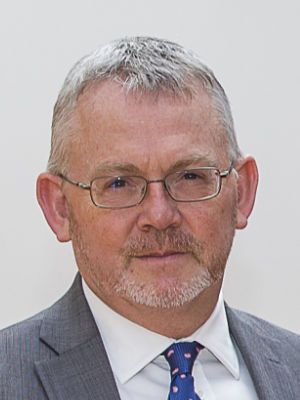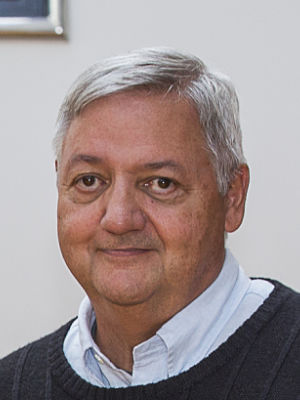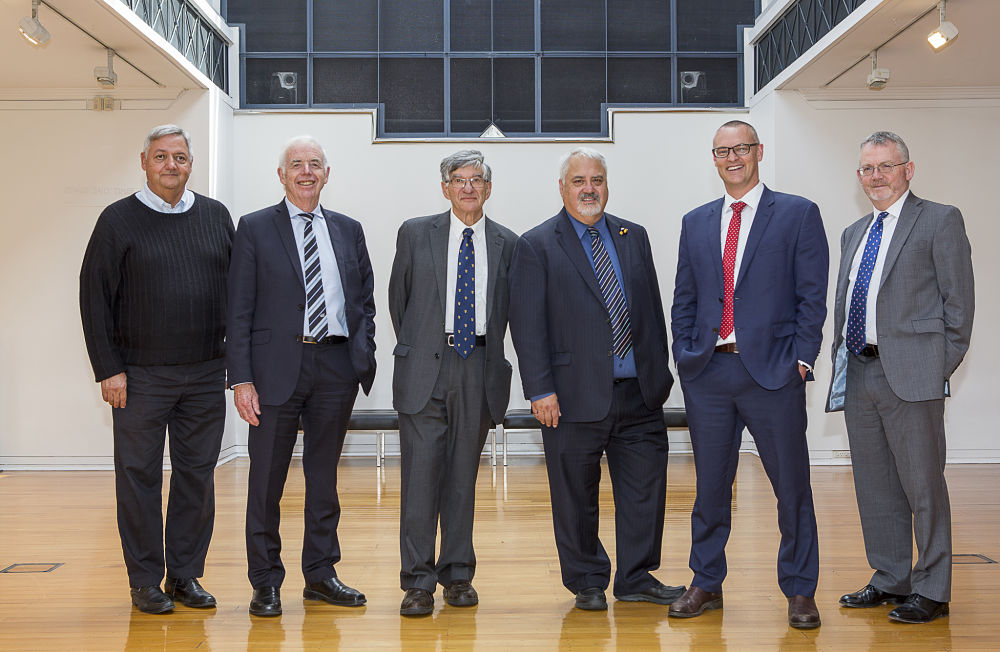Seminar: The global effort to tackle obesity and diabetes
23 February 2018

Rising diabetes and obesity rates in New Zealand could have serious economic impacts on the healthcare system, warned UK scientist Professor Nick Wareham during a recent visit to Dunedin. Responding effectively to this challenge is vital according to Professor Wareham, who suggested that the key is to change the obesogenic environment:
“Individualised approaches to dealing with the diabetes epidemic might widen inequalities if they are not done right and they will have a place, but they are not the solution.”
The OECD Obesity Update 2017 showed that nearly one in three New Zealanders was obese, and that at 30.7% of the adult population, New Zealand’s obesity level remained the third highest in the world, behind only the United States (38.2%) and Mexico (32.4%).
Professor Wareham supported calls for the New Zealand Government to take urgent action:
“Attempting to deal with a societal problem by treating it as a clinical one will be resource intense and ultimately unsuccessful by itself. What is needed is bold political action based on best available evidence followed by robust evaluation.”
He cited the British Government’s introduction of a sugar levy, which will take effect in April this year, as an example of “evidence coupled with action”.
He was speaking at a public lecture about ‘The global effort to tackle obesity and diabetes’ in Dunedin in February. In his opening address, Minister of Health Hon Dr David Clark, called for a stronger primary prevention approach:
“I believe we must move to taking a stronger primary prevention approach to reduce the incidence of diabetes and other non-communicable diseases. Establishing regular healthy eating and physical activity patterns are key to reducing obesity, preventing diabetes and improving our overall health of children and adults over the life course. This cannot be achieved by more information alone; a comprehensive set of approaches is required.”

A Canadian expert on indigenous health, Professor Jeff Reading, also gave a presentation about his country’s experience of tackling long term health problems in indigenous communities. He spoke about cultural safety and humility being important foundational aspects of the First Nations Health Authority in Canada:
“Cultural competency is something that we strive for. Cultural humility is the only way we can get there. With an open heart and open mind we can increase the space for cultural safety.”
He added “this all came from New Zealand – we stole it from New Zealand”. The links between indigenous researchers in both countries are valued on both sides, and we can learn a lot from each other.
Both speakers were in New Zealand as members of the Healthier Lives International Science Advisory Panel. The public lecture was co-hosted by the Edgar Diabetes and Obesity Research Centre and the Healthier Lives–He Oranga Hauora National Science Challenge.
Videos of the talks are available at our YouTube channel. (3 videos between 13-30 minutes)
To view the list of videos please select the playlist icon at the top left of the embedded video player.
Related news:
- Diabetes a social issue (odt.co.nz)
- Minister warns food industry must step up (odt.co.nz)
- ‘Health rationing’ possible in the face of looming diabetes rates (stuff.co.nz)
- Losing beats winning in the obesity stakes
- On Taxing Sugar-sweetened Beverages as a Public-health Measure Centre for Public Health research, Massey University (PDF 939KB)
Related links:
- An international lens on Healthier Lives
- Dr David Clark (www.labour.org.nz)
- Edgar Diabetes and Obesity Research Centre (www.otago.ac.nz)
Originally published 22 March 2018.



